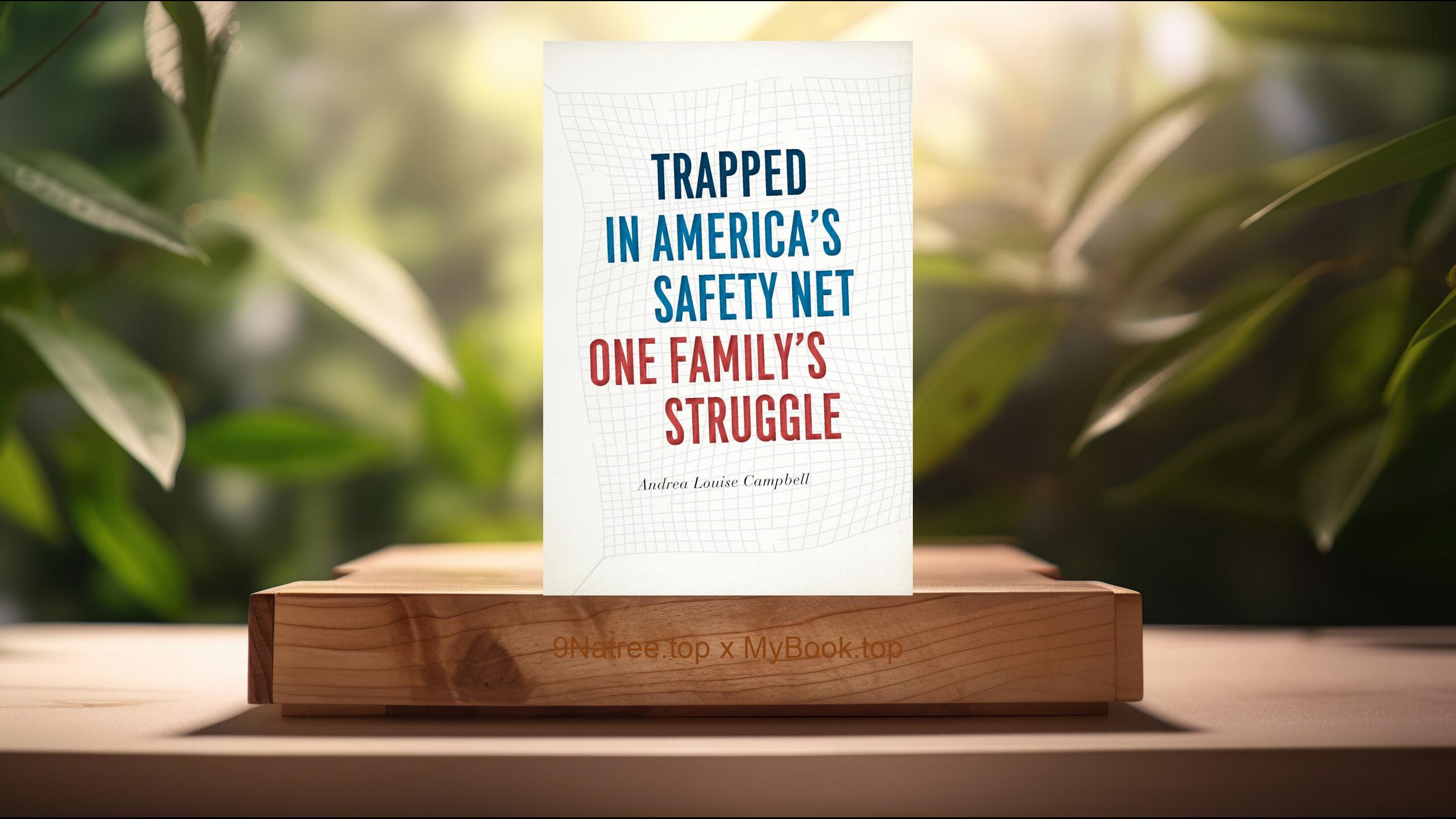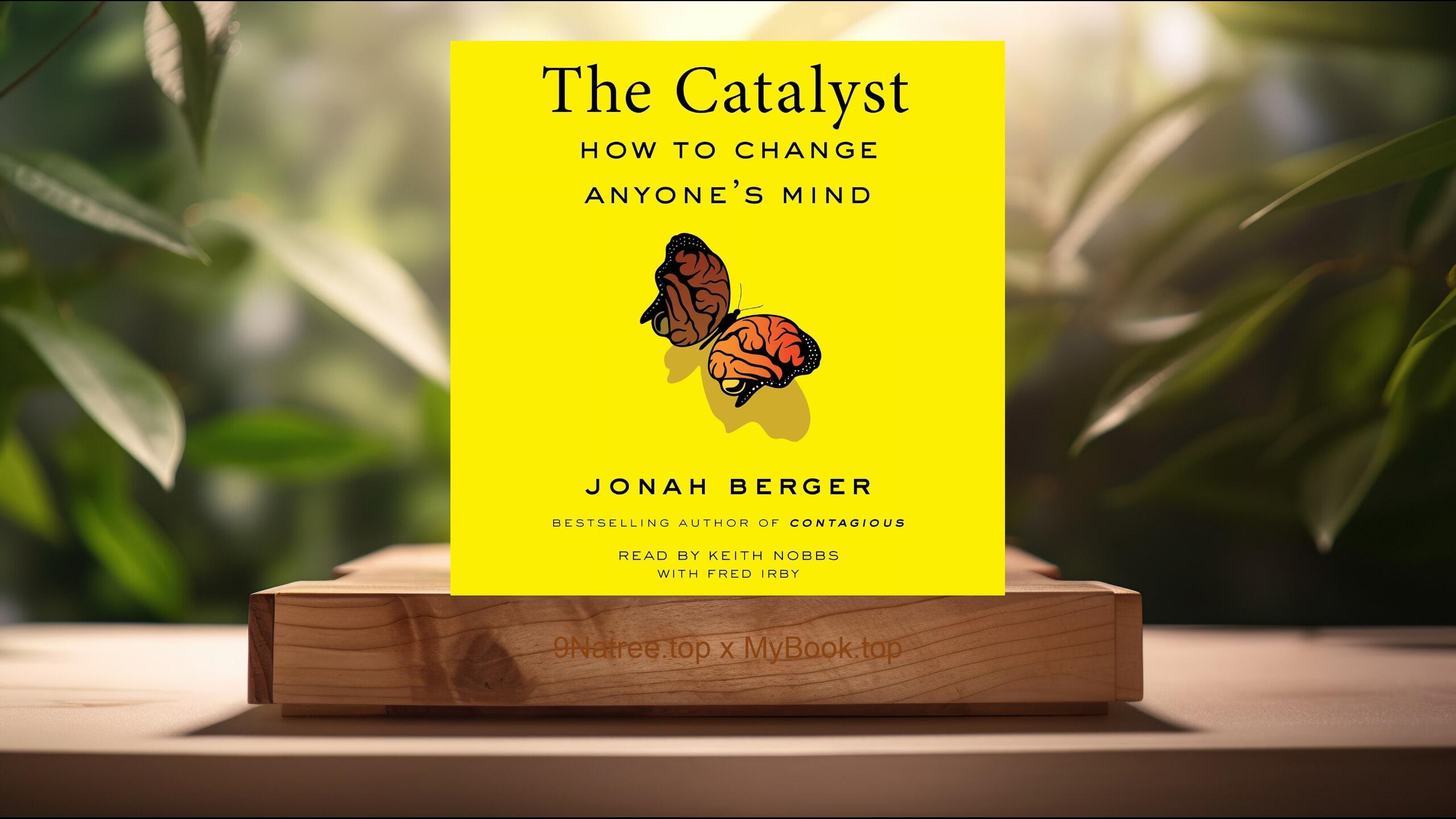Show Notes
- Amazon USA Store: https://www.amazon.com/dp/B07WTF58QQ?tag=9natree-20
- Amazon Worldwide Store: https://global.buys.trade/The-MAGA-Doctrine%3A-The-Only-Ideas-That-Will-Win-the-Future-Charlie-Kirk.html
- eBay: https://www.ebay.com/sch/i.html?_nkw=The+MAGA+Doctrine+The+Only+Ideas+That+Will+Win+the+Future+Charlie+Kirk+&mkcid=1&mkrid=711-53200-19255-0&siteid=0&campid=5339060787&customid=9natree&toolid=10001&mkevt=1
- Read more: https://mybook.top/read/B07WTF58QQ/
#MAGADoctrine #AmericaFirst #conservativemovement #economicnationalism #bordersecurity #freespeech #CharlieKirk #foreignpolicy #TheMAGADoctrine
These are takeaways from this book.
Firstly, Defining the America First Framework, Kirk presents America First as a cohesive framework built on sovereignty, accountability, and the primacy of the American citizen. At its core, the doctrine rejects the assumption that global institutions and credentialed elites should define national priorities. Instead, it elevates the Constitution, local communities, and the interests of workers and families. The author contends that political legitimacy flows upward from citizens, not downward from bureaucracies or think tanks. He argues that leadership requires clear borders, fair trade, and a government that protects liberty rather than managing decline. This chapter level focus links economic policy, cultural renewal, and national security into one story: a country that remembers who it is and whom it serves. Kirk also challenges the language games that, in his view, mask failed policies behind expert jargon. He urges readers to prioritize outcomes such as stable jobs, safe neighborhoods, and energy security over fashionable theories. The result is a populist constitutionalism that seeks to measure success by everyday life, not elite approval.
Secondly, Jobs, Growth, and Economic Nationalism, The economic section argues that prosperity grows when the country rewards work, production, and risk taking. Kirk highlights tax relief, deregulation, and energy abundance as catalysts for wage gains and small business formation. He champions reshoring supply chains and rebalancing trade to counter the hollowing out of industrial towns, contending that past policy favored multinational interests at the expense of domestic workers. America First economics, as presented here, is not anti trade but insists on reciprocity and enforcement. It favors apprenticeships, technical education, and entrepreneurship as ladders for the middle and working class. The book contends that growth policy must be judged by household income, opportunity for non college pathways, and regional revival. Critics worry about deficits or the risk of escalating trade tensions; Kirk replies that strategic leverage and domestic capacity are essential for resilience. The overall message is straightforward: align incentives with national strength, protect competitive industries, and empower citizens to build wealth.
Thirdly, Borders, Immigration, and the Social Contract, Kirk frames immigration as a test of national sovereignty and the integrity of the social contract. He asserts that a nation must know who is entering, enforce its laws, and set rules that serve the common good. The book favors a security first approach to the border, paired with a system that rewards merit and encourages assimilation. Kirk links lax enforcement to downward pressure on wages for low skilled workers, strain on public services, and the empowerment of criminal cartels. He argues that compassion must be anchored to order, since chaos ultimately harms migrants and citizens alike. Cultural cohesion also features prominently: shared civic norms, language, and allegiance to constitutional principles are presented as unifying anchors. Rather than technocratic tinkering, the doctrine calls for clarity in the rules and consistency in enforcement. In this telling, a fair and orderly system protects the vulnerable, respects taxpayers, and reinforces the basic promise that citizenship carries both rights and responsibilities.
Fourthly, Foreign Policy and Ending Forever Wars, The foreign policy chapters advance an assertive but restrained vision often summarized as peace through strength. Kirk supports a strong military, credible deterrence, and clear interests, while rejecting open ended interventions that lack defined objectives or exit strategies. America First seeks burden sharing with allies, prioritizes the defeat of transnational threats, and focuses on strategic competition with authoritarian powers, particularly the Chinese Communist Party. Economic statecraft is central: trade enforcement, technology safeguards, and energy independence are cast as tools of national security. The book critiques past bipartisan consensus that, in this view, blurred lines between humanitarian goals and nation building. Kirk argues that a disciplined posture conserves American lives and resources while delivering better outcomes. He calls for diplomacy backed by leverage and for defense investments that emphasize readiness and innovation. The aim is a foreign policy that protects borders, prosperity, and credibility without drifting into missions that do not serve concrete American interests.
Lastly, Culture, Media, and the Information Battlefield, Kirk devotes significant attention to the cultural arena, arguing that politics is downstream of narratives shaped by media, Big Tech, and academia. He contends that gatekeepers suppress dissenting viewpoints through censorship, deplatforming, and selective enforcement of rules. The book urges readers to build alternative channels, defend campus free speech, and invest in civic education that teaches constitutional literacy and American history without ideological distortion. Family, faith, and community institutions are described as essential counterweights to centralized power. The author draws on activism experience to outline tactics for persuasion, coalition building, and peaceful grassroots mobilization. He encourages readers to enter professions that influence culture, from journalism and education to entertainment and technology, rather than abandoning them. In this framework, cultural renewal is practical and incremental: create media that tells the truth, support organizations that defend speech, and mentor the next generation. The message is clear: win the argument, then win the policy.
![[Review] The MAGA Doctrine: The Only Ideas That Will Win the Future (Charlie Kirk) Summarized](https://episodes.castos.com/660078c6833215-59505987/images/2172516/c1a-085k3-gp99p8j2amo6-zml2bf.jpg)




